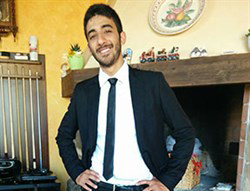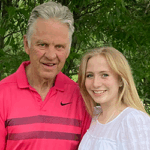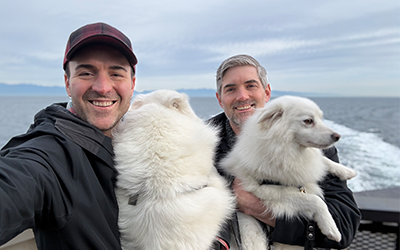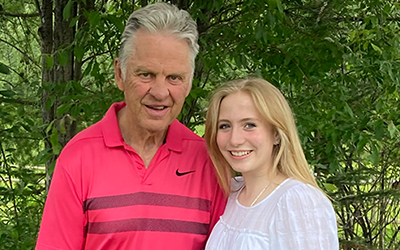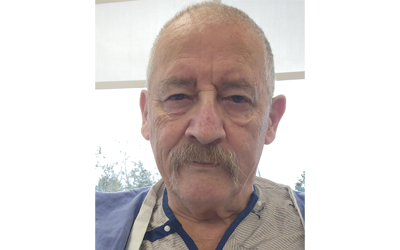Stefano Cataldi is a PhD student who conducts research at UBC’s Centre for Applied Neurogenetics (CAN). He recently joined 4,400 individuals from around the world, including over 70 British Columbians, at the World Parkinson Congress (WPC) in Portland. Stefano is one of the researchers who are partially supported by Parkinson Society British Columbia (PSBC) through Parkinson Canada’s National Research Program.
Originally from southern Italy, Stefano’s interest in Parkinson’s disease (PD) began during his undergraduate degree in pharmacy. He was fascinated by the complexity of the disease, and a lab at the University of Ferrara connected him with Professor Farrer at UBC. Stefano spent 8 months volunteering at UBC on a project that would later become his thesis. He admits that, at times, the life of a researcher can be difficult. In the later stages of his research, he had the opportunity to meet individuals with Parkinson’s. It is their strength that keeps Stefano motivated to improve the lives of people with PD.
Stefano’s role at CAN is to study animals that carry similar genetic mutations to humans. His team investigates the neurobiology behind disorders, in the hopes of better understanding how a disease like Parkinson’s affects humans. Their hope is that through better understanding of disorders such as Parkinson’s, they can find ways to stop disease progression in its early stages.
Attending a congress as large and well-respected as WPC is especially valuable to a young researcher at the start of their career. Stefano was particularly intrigued by the therapeutic effects of exercise for Parkinson’s, including dance, which is an affordable and proven means to help manage the disease’s symptoms. “What I realized is that if you keep a scientist in his lab, he can do good. You put the scientist in an environment like WPC and he does great. When a patient comes to you and says ‘thank you for what you are doing‘ you feel you can reach any goal. After the conference I believe anything is possible!”

